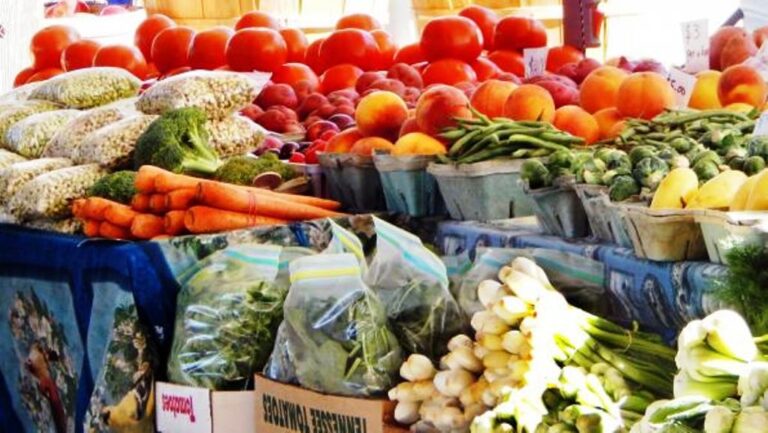Agriculture in Saint Kitts and Nevis has historically been a cornerstone of the economy, especially during the colonial era when sugar cane dominated the landscape. While agriculture has declined in economic importance due to tourism and services, it still plays a key role in food security, rural employment, and cultural identity.
Overview of Agriculture in Saint Kitts and Nevis
Saint Kitts
- Traditionally relied on sugar cane for over 300 years.
- In 2005, the government closed the state-owned sugar industry due to economic losses.
- Since then, the focus has shifted to diversified crop production and livestock farming.
Nevis
- Agriculture has been more subsistence-based with small-scale farms.
- Nevis has fertile volcanic soil and supports a wider variety of crops and livestock.
Main Crops
- Fruits: Mangoes, papayas, bananas, guavas, citrus (oranges, limes), and passionfruit.
- Vegetables: Sweet potatoes, yams, cassava, pumpkin, cabbage, tomatoes, cucumbers, and peppers.
- Grains and legumes: Corn, pigeon peas, and beans.
- Spices & herbs: Thyme, basil, hot peppers, and scallions.
Livestock and Animal Farming
- Goats and sheep – popular for local meat (goat water stew).
- Cattle and pigs – for beef and pork.
- Poultry – eggs and chicken meat.
- Efforts are ongoing to improve local meat production to reduce imports.
Modern Agricultural Initiatives
- Diversification efforts after sugar industry closure.
- Organic farming and greenhouse projects to boost food production.
- Government support for smallholder farmers via:
- Subsidies and training
- Land leasing programs
- Youth and women in agriculture initiatives
- Push for climate-resilient agriculture due to vulnerability to droughts and hurricanes.
Other Notable Agricultural Products
- Honey – produced locally from wildflowers and fruit blossoms.
- Coconut products – including oil and water.
- Herbal teas and bush medicines – used in local healing traditions.
Agricultural Agencies & Support
- Ministry of Agriculture, Fisheries, Marine Resources and Cooperatives
- Department of Agriculture (Nevis)
- Collaborates with FAO and CARICOM on food security and sustainability.
Challenges
- Land availability (especially on Nevis)
- Limited access to financing
- Climate change impacts
- Dependence on food imports (over 80% of food consumed is imported)



